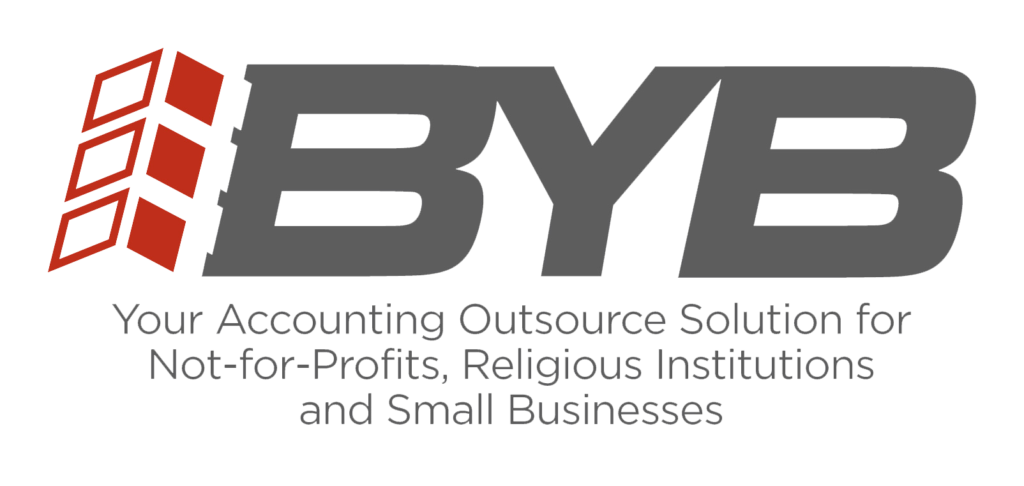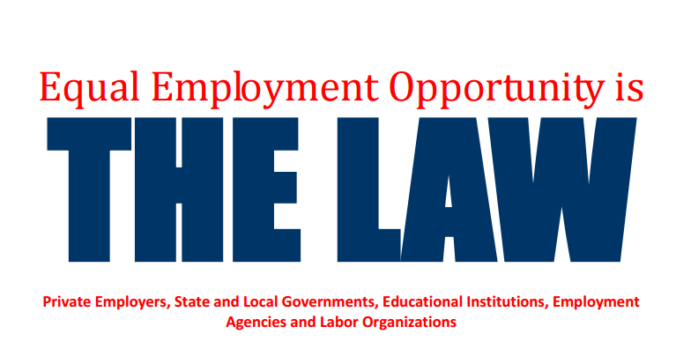 Congratulations to BYB’s Wiley Harrison on his recent appointment to Westchester County Executive George Latimer’s MWBE Task Force.
Congratulations to BYB’s Wiley Harrison on his recent appointment to Westchester County Executive George Latimer’s MWBE Task Force.
The task force was created to address the needs and challenges of Minority and Women-Owned Businesses (MWBE) in Westchester County in order to help them grow and succeed.
“The bottom line is this – we need to attract businesses and keep businesses here in Westchester County to keep our economy thriving. When our businesses thrive our County thrives, and we want to partner with those businesses, large and small, to meet their employment needs and technology needs.” – County Executive Latimer

 From 12/31/2017 to 12/30/2018, the basic minimum wage is $10.40 per hour in most of New York State.
From 12/31/2017 to 12/30/2018, the basic minimum wage is $10.40 per hour in most of New York State.


